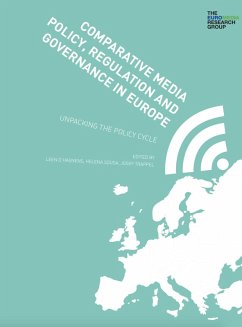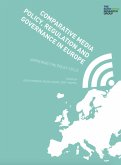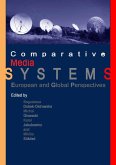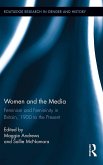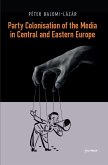Subsidies are controversial media policy tools as editorial independence might be affected by those granting subsidies to newsrooms, and because they do not comply with neo-liberal market rules. This chapter shows that financial and non-financial media subsidies are widespread in the media sector. They can help overcoming temporary crises of media companies, but they are no quick fix for the structural crises news media are undergoing. Most subsidies in European countries are granted for the purpose of maintaining diversity, holding power to account, educating journalists and encouraging alternative voices. With a view to the long tradition and the strengths and weaknesses of media subsidies the author concludes by suggesting accepting media subsidies as one element in the media policy tool box.
Dieser Download kann aus rechtlichen Gründen nur mit Rechnungsadresse in A, D ausgeliefert werden.

